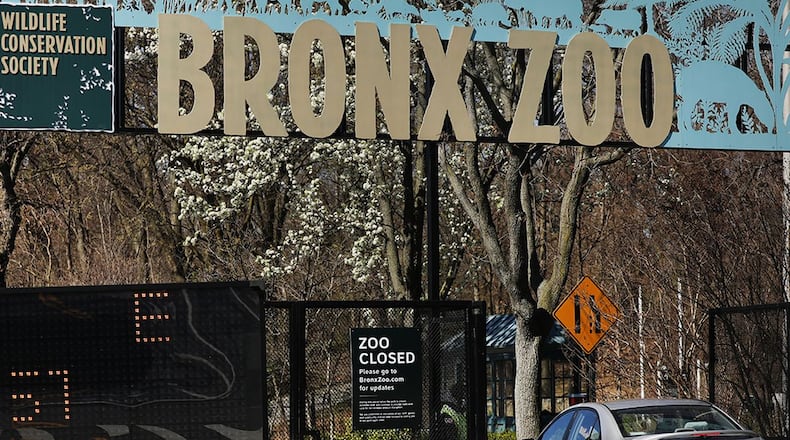Officials at the Bronx Zoo are still uncertain how its 4-year-old Malaysian tiger Nadia was infected with COVID-19.
"We know it's human to lion and tiger, but don't know the specifics," said chief veterinarian Dr. Paul Calle.
It’s believed after an asymptomatic caretaker infected Nadia and the cat passed the virus on to her sister. In all seven big cats tested positive and developed symptoms. All are expected to recover.
But it is the first noted example of a person infecting an animal and that animal getting sick.
Dr. Doug Kraft, president of the American Veterinary Medical Association, is tracking all the data as it comes in.
Two dogs and a cat in Hong Kong and a cat in Belgium all tested positive for COVID-19, but all were being taken care of by someone who had the virus.
Kraft said there are still no reports that any pets in the U.S. having the virus.
But he recommends if you have symptoms, see if someone else can care for your pet and if that’s not possible, wear a mask and wash your hands.
"Don't try to get too close to their nose, their mouth, to their eyes. Feed them, take care of them, but don't do a lot of snuggling," Kraft said.
About the Author
